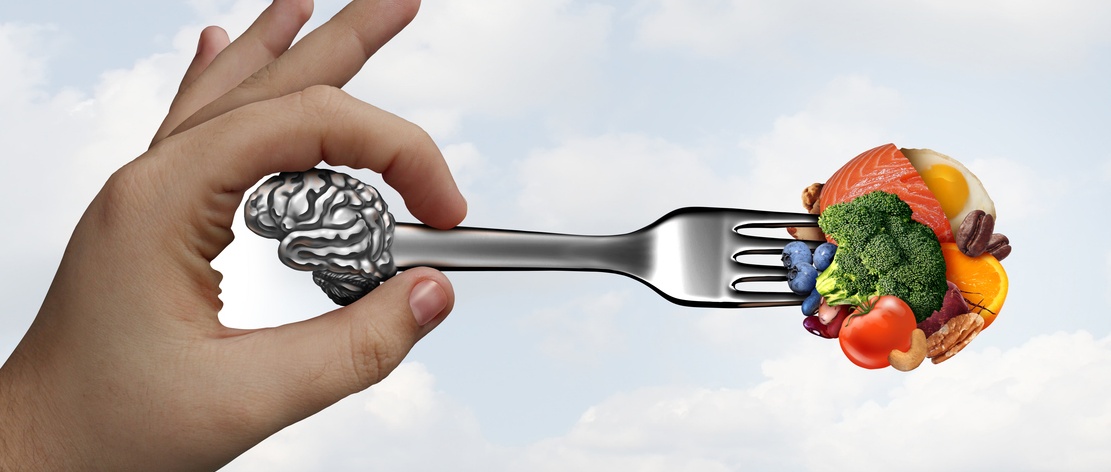
How IBS affects sex, dating and relationships
Peer reviewed by Dr Sarah Jarvis MBE, FRCGPLast updated by Abi MillarLast updated 25 Mar 2019
Meets Patient’s editorial guidelines
- DownloadDownload
- Share
- Language
- Discussion
If you're dealing with irritable bowel syndrome (IBS), the symptoms can be challenging to say the least. What is less often discussed is how the condition can impinge on other aspects of your life. This is especially the case when it comes to romantic relationships.
Sponsored
Senocalm
Supported by Senocalm. Patient retains sole control of content.

In this article:
Video picks for Irritable bowel syndrome
"Romantic relationships are hard at the best of times, but when you add IBS into the mix, it can really test your connection with someone," says Lara Moon, a member of The IBS Network (the national charity supporting people living with irritable bowel syndrome). "I know others who have had relationships break down because of their IBS - it can be a very isolating condition."
In a recent Patient survey of over 300 healthcare professionals, 79% agreed that IBS can affect the patient's romantic relationship/dating life.
Continue reading below
Broaching the topic
Part of the issue is that the symptoms can be embarrassing, and discussing them with a partner can be hard. Particularly when you're first getting to know somebody, tummy troubles are probably not top of your list of things to talk about.
"Discussing sensitive issues with a partner may be difficult or embarrassing for both," says Simon Smale, a gastroenterologist and medical adviser at The IBS Network. "However, if done at the right time it can prove to be a relief. Try to broach the subject when you have enough time and space to have a good discussion and when neither of you is overtired or distracted."
As Moon points out, it's important to go at your own pace, and talk to a new partner only when ready. The nature of the conversation will depend on where you are in the relationship.
"You don't have to blurt it all out at once - take it in baby steps," she says. "Explain to them what IBS is and how it affects your life. You don't have to tell them all the gory details of your symptoms and toilet habits, just how it makes you feel. Hopefully, they will be understanding and it will bring you closer as a couple."
IBS and intimacy
Back to contentsAnother potential hurdle is physical intimacy. Even if your IBS doesn't impact on sex itself, for many people it certainly impacts on feeling sexy.
"Let's be honest, it's pretty hard to feel sexy and alluring when you're bloated and nauseous or constantly thinking about where the nearest toilet is," says Moon. "Sex can be a no-go for people with IBS as they find it increases their urgency to use the bathroom or causes other symptoms. There are times when you have no libido whatsoever and the mere idea of being intimate causes your stomach to churn."
Unfortunately, this lack of sexual interest can cause relationship problems in its own right. That is where honesty and good communication come to the fore.
"Very often, it is the person's concerns and subsequent behaviour, that change the dynamic of the relationship rather than symptoms," says Smale. "When fear of symptoms, or actual accidents in midst of intimacy, do arise, it is important to be able to discuss these fears and accidents with your partner in an open and honest atmosphere."
He adds that low mood, depression and anxiety are frequently associated with IBS, along with feelings of low self-esteem and worthlessness. It's important to address these issues in their own right, whether or not you're in a relationship.
Continue reading below
Eating together
Back to contentsYet another challenge is food itself. Whether you're in the early days of dating (which may involve restaurant dates) or live with your partner and want to plan meals together, IBS can make the subject that bit more fraught.
"Eating out can be a minefield when you are trying to impress your date and go to a fancy restaurant where everything on the menu is a potential cause of a flare-up," says Moon. "My partner and I tend to stick to the few places we know I can eat something. On the rare occasions we decide to eat someplace new, we always research the menu first. It makes it pretty hard to be spontaneous!"
At home, she and her partner make a weekly meal plan and try to include as much variety as possible.
"For the most part, he is happy to eat the same as me (gluten-free, lactose-free, no onion/garlic, etc) but sometimes we will end up having to cook separate meals. Batch cooking and freezing meals has helped massively too," she says.
Smale adds that many people do have anxieties about eating out and social gatherings, which may stem from difficult incidents in the past.
"Sometimes people do develop symptoms during meals out - urgency and loose stools of course can be particularly distressing," he says. "If this is a regular occurrence it may be worth considering taking an antispasmodic or an antidiarrhoeal before going out."
How a supportive partner can help
Back to contentsOne of the tricky things about IBS is that stress (including relationship stress) tends to exacerbate symptoms. IBS is linked to a dysfunction between the brain and the intestinal nervous system, so any psychological troubles you face can manifest in your gut.
This means that, for people dealing with IBS, a toxic relationship may be even more difficult than it is for the general population. On the flip side, positive relationships can be hugely helpful when it comes to managing symptoms.
"When a supportive partner is at hand, life often seems more bearable, particularly when other parts of life such as work, finance or childcare issues are not going so well," says Smale.
Moon says that for her part, she couldn't have managed without her partner's support.
"I developed IBS fairly early on in our relationship so we learned to cope with my condition together," she says. "We would spend hours talking about my symptoms, how it made me feel and what could be done to help me. Years later, my partner is almost as good as me at telling when I'm not 100%. As soon as I start to feel symptoms, he's right there with a hot water bottle, peppermint tea and my medication. We always joke between us that there is 'no poo taboo' in our house."
Continue reading below
For those who are struggling ...
Back to contentsIt's important, she says, not to compare your relationship with your friends' - and not to assume that IBS will ruin your love life.
"Every relationship is different and you are going through your own battle with your body as well as trying to navigate the choppy waters of romance," she says. "If your partner really cares about you then they will be understanding of your condition and love you for it. And if your partner can't accept your IBS then are they the right person?"
Clearly, it is worth holding out for someone who is prepared to have the difficult conversations with you, and can fully offer their support. Not that this is a one-sided affair: there will be many occasions over the course of your relationship when you'll need to help them too.
Above all, you need to remember you're not alone. As Moon points out, there are many others in the same situation, and talking to them can really help. You can reach out to them via The IBS Network or other means.
"If you find that your IBS is getting in the way of romantic relationships then don't blame yourself," she adds. "Don't sell yourself short - you deserve to be happy! IBS is a part of you but it doesn't define who you are."
Patient picks for Irritable bowel syndrome

Digestive health
Probiotics for IBS: do they work?
From your work life to your sex life, having irritable bowel syndrome (IBS) can cause disruption and inconvenience. Can probiotics for IBS help to reduce these symptoms, and which probiotic supplements can you trust?
by Amberley Davis

Digestive health
What is the link between IBS and anxiety?
Irritable bowel syndrome (IBS) can cause a combination of tummy cramps, diarrhoea, bloating and constipation. It's a long-term health condition that can affect your quality of life. Although changing your diet and taking certain medicines can help, poor mental health and IBS symptoms can mutually aggravate each other.
by Victoria Raw
Continue reading below
Article history
The information on this page is peer reviewed by qualified clinicians.
25 Mar 2019 | Latest version

Ask, share, connect.
Browse discussions, ask questions, and share experiences across hundreds of health topics.

Feeling unwell?
Assess your symptoms online for free
Sign up to the Patient newsletter
Your weekly dose of clear, trustworthy health advice - written to help you feel informed, confident and in control.
By subscribing you accept our Privacy Policy. You can unsubscribe at any time. We never sell your data.